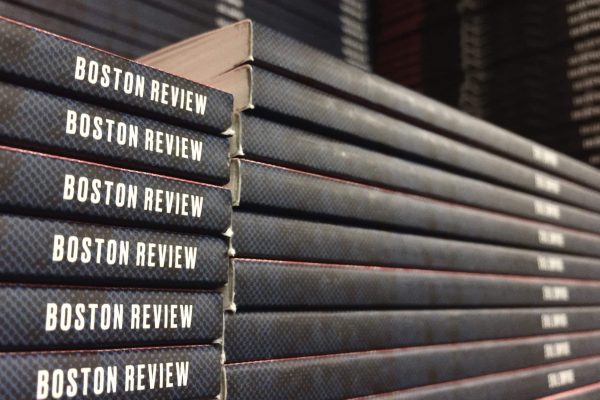Click here for the full January/February 2016 issue.
We now live in the Anthropocene—an era in which humans no longer stand in awe of nature but constantly reshape it. In our lead essay, Jedediah Purdy reflects on the meaning of this moment, which “adds nature to the list of things we can no longer regard as natural.”
Lots of us understandably take a dim view of the Anthropocene: neither climate change nor unbreathable urban air offers much to celebrate. Purdy, in contrast, sees possibilities. He thinks we should embrace the Anthropocene as an unprecedented opportunity to shape the world—and democracy—for the better. Though the precise contours of a more democratic relationship to nature are unpredictable, Purdy finds suggestive inspiration in the growing food movement, with its ethical and aesthetic awareness of the ways food production shapes landscapes—both physical and imaginative.
We have put together a diverse group of scientists, activists, and theorists to respond to Purdy. Some respondents agree with him that preventing a disastrous future requires expansive acts of collective imagination. Physicist David Keith echoes this sentiment in his call for a “deliberate planet.” Others are more skeptical. Some think we need to roll back human intervention, not amplify it, even democratically. Others dispute the very notion that humans and nature can be separated: what matters, they say, is not so much how we see our relationship to nature, but how we might start to rebuild the more-than-human world. What institutions and politics must we forge?
Jesse Maceo Vega-Frey’s stunning essay “Pigs” explores an Anthropocene experiment. Two friends—both meat eaters—wanted to know whether it could feel ethical to kill animals for food. They raise and slaughter a brood of pigs in order to find “a coherent and ethical way of being in the world.” Vega-Frey is shocked to discover that “the body and the spirit, the land and the vision, the practical and the principled felt inexorably pitted against each other.” Without moralizing, the essay speaks to the practical challenges we face in the Anthropocene world.
In the office, we are delighted to welcome Adam McGee as our new managing editor and especially happy to do so without saying goodbye to his predecessor, Simon Waxman. Simon is now working with us as senior editor and also finding some time for his own writing.







